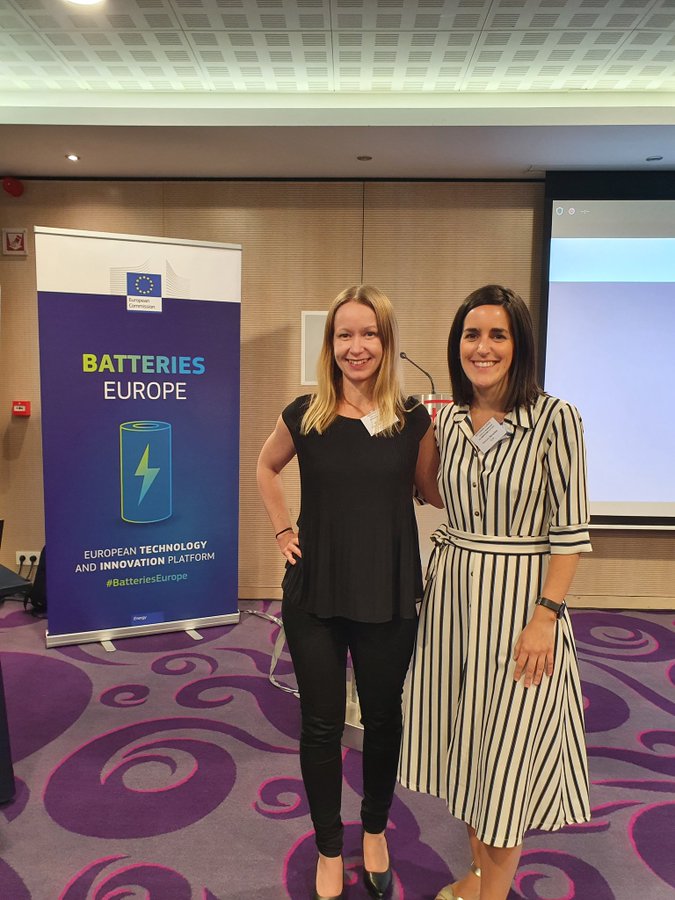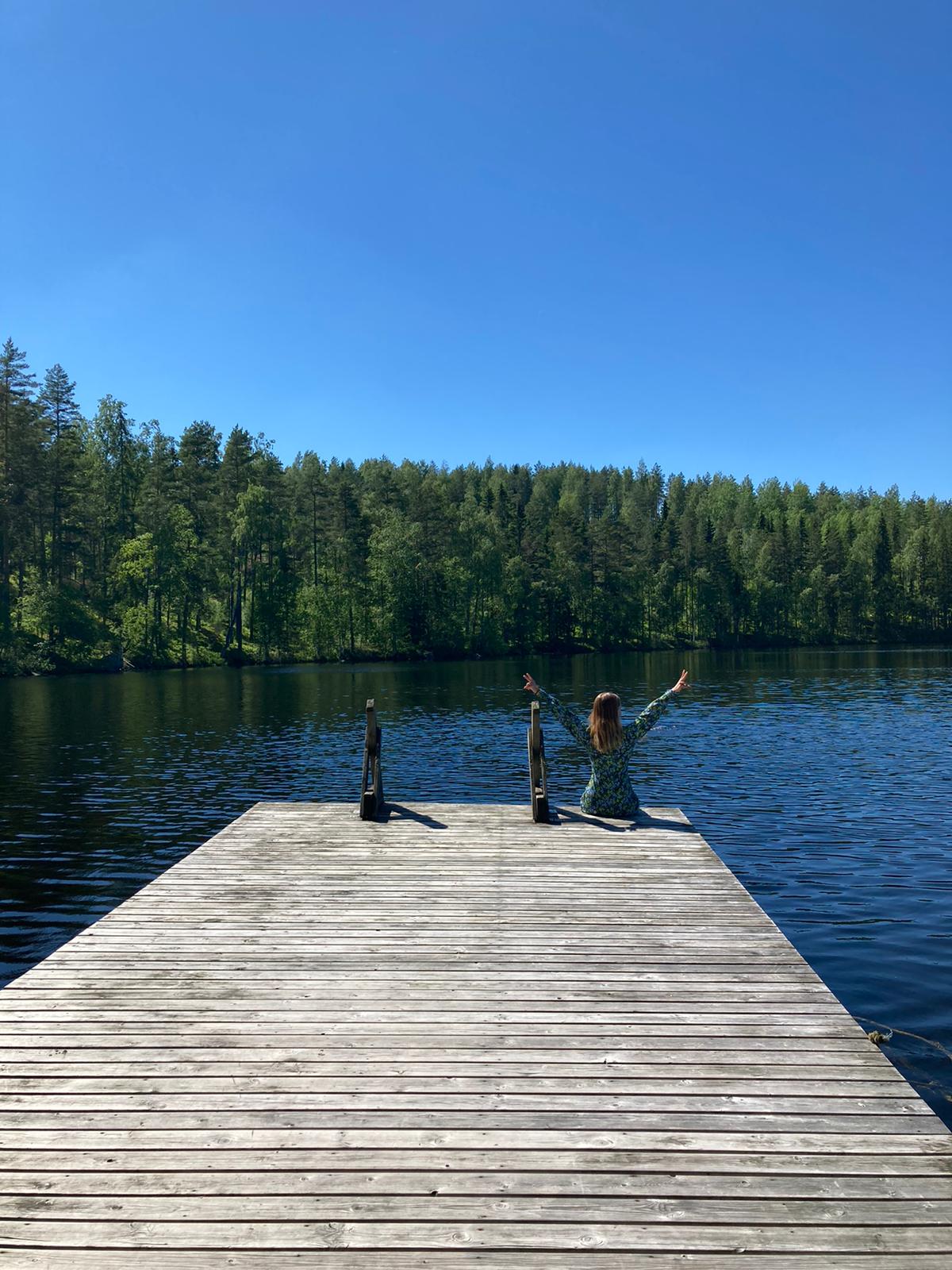Top 5 reasons why I like to be an EU project coordinator
I have been working in several EU projects, as a partner, work package leader, and finally as a coordinator. My first EU project as a coordinator just ended, and I’m currently coordinating one ongoing project, and I will start coordinating another battery project next September. This means that I have used and will use quite some time for handling issues, which are not directly related to science. This is of course time spent away from research, which might not sound that nice for a researcher. However, benefits outdo the possible disadvantages. And I do not claim that the gained leadership skills are a disadvantage. But of course, leading a project means that time available for pure research is more limited.
One of the things that was especially challenging for me to accept, was that I’m not anymore able to know every single detail of the topic I’m working with. But on the other hand, it is also so that I do not have to know every detail to lead a project, which might be sometimes even comforting. Anyway, now to the benefits.
Here my top 5 list 😊
1. It is the best way to learn
When I start drafting a proposal for a project, I first find a topic, which I’m interested in. Or ‘interested’ is a too mild word. For me, to write a good proposal, the research question must be something that I feel passionate about. Something that I really want to make happen. A problem, which I feel needs to be solved. But I might not yet know, in detail, how.
After some initial brainstorming with myself and with some colleagues, I prepare a few draft ideas. Then, I gather the best experts around me, and start asking questions. And wow, I end up learning so much already in the proposal stage! Not to mention the actual project work, which leads to even more learning. And even if the proposal would not be accepted for funding, the time has not been wasted.
2. I can meet and discuss with many smart people with different background
Being a coordinator allows to meet people who are working with the same or similar topics, both inside and outside your consortium. I’m now coordinating a Battery 2030+ project called HIDDEN. There are 6 parallel research projects and one coordination and support action project, which all belong to the same Battery 2030+ research initiative. All are working with different methods to increase the quality, reliability, and lifetime of batteries. We meet every second week to discuss about some selected topics. I have found this way of working super useful. How else would I end up in regular discussions with so many brilliant battery researchers around the Europe! It puts your research into perspective and allows you to see how other people are working. This very often gives ideas how to improve your work and the way of working.
Last week I had the possibility to travel to the Batteries Europe General Assembly in Brussels. I was so happy to meet many battery scientists there. It was also the first time I met in real life Prof. Maitane Berecibar from VUB, who is the coordinator of our sister Battery 2030+ project BAT4EVER. What a pleasure to finally meet, after many Zoom calls 😊

3. I feel that I can really make a difference and create something new
I felt immediately at home when I “found” the battery research field a few years ago, after studying various topics in chemistry and physics – and after working with different functional materials for 15 years. I had been motivated with my work already before this, but somehow, I felt that this is the topic where I can really use all my learning to create something new. And something that is urgently needed to prevent the global warming.
However, being a researcher with 24h in one day and who wants to get 8 hours of sleep each night (I need a lot of sleep!) and a family + hobbies, I felt like I’m not getting things done fast enough. There is no time to waste with the climate crisis. EU projects are a perfect platform to speed up the research and create high impact, if planned right. With partners who have clear roles and who are experts in the very specific fields that are needed in the project, we can create something new and amazing together. Much faster and better than without collaboration. This is why I love coordinating EU projects. My work has a meaning.
4. I have found a way to use my introvert superpowers
I previously felt that being quiet and introvertish is a problem at work. But I have realized that I can turn this into a benefit as a coordinator, already in the proposal phase and also during the execution. Since if I just gather the best experts around me, ask the right questions and listen, it leads to great outcomes!
When everyone is heard and it is not just me speaking and trying to know everything and tell what to do, we can more easily find solutions that are not so evident. Battery research is such a multidisciplinary field that we need to gather experts with different background to find the best answers and ideas.
5. I can feel gratitude and that I belong to something bigger
As a coordinator, I try to create an atmosphere (and of course the project plan) so that everyone feels important and motivated. This comes naturally if everyone has a clear role, which will help to reach the common goal of the project. When this happens, the project is like a ship travelling smoothly in a river and the crew knows what to do. The captain needs to just remember to stop at the right harbors and navigate a bit. There might be a storm sometimes, but those challenges will be solved together.
When the project works like this, I feel just gratitude for all the work everyone is doing. The ship would not move, or it would hit a rock, without the whole team working together. Gratitude and the sense of solidarity. These are one of the basic needs – what could be more important.
Time to charge the batteries
I will start my summer holiday now and will be out of office for 4 weeks. Thus, I might not write a new blog text until I’m back to work. But maybe I will, who knows 😊 In any case, I wish all of you a wonderful summer time. I hope you have a chance to take a break from work and charge your batteries. We will come then back to work with much more energy.
